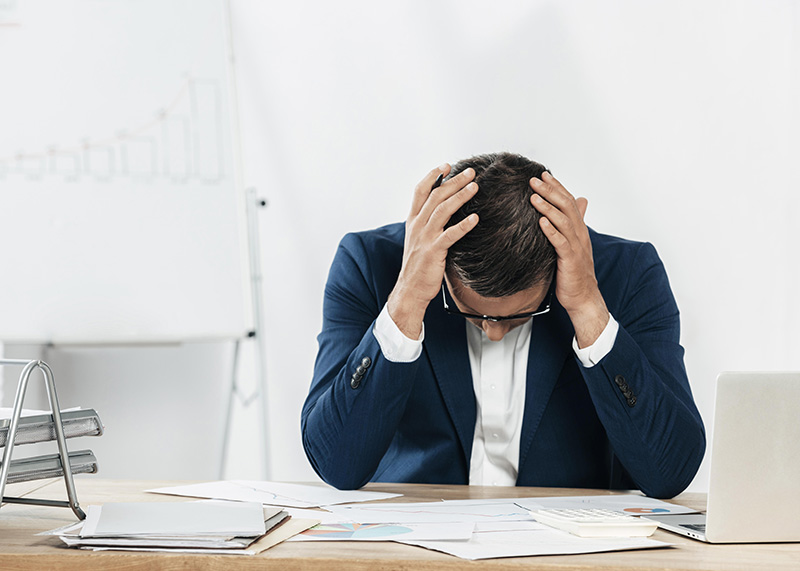
You’re creating an estate plan, excitedly making arrangements for your loved ones to inherit your assets and carry on your legacy. But wait, what happens if you suddenly find yourself filing for bankruptcy? It may not be the most pleasant thing to think about, but it’s important to consider what would happen to your estate in this scenario.
With over half a million bankruptcy filings in 2020, it’s not an unlikely situation. And what if one of your beneficiaries is going through bankruptcy or may be in the future? These are crucial questions to address in your estate plan, even if bankruptcy seems like a distant possibility. Don’t leave your loved ones with uncertain futures – plan for the unexpected.
What happens to my estate if I am in bankruptcy when I die?
There are two types of bankruptcy that individuals usually file for: Chapter 7 and Chapter 13. If you pass away during a Chapter 7 bankruptcy, the bankruptcy trustee will sell your property, except for certain exempt items, to pay off your creditors. Once the bankruptcy case is concluded, any remaining property or money can be distributed to your beneficiaries according to your will.
In a Chapter 13 bankruptcy, you must actively participate in a repayment plan for several years. If you pass away during this time, your trustee and survivors must seek guidance from the court on what to do next. There are several options available, such as dismissing the case and allowing creditors to seek repayment through probate, converting the case to a Chapter 7 bankruptcy, or continuing the repayment plan with your heirs. Ultimately, the court will decide what is best for all parties involved.
If you want to protect your savings and property from potential future creditors, you can transfer them to an irrevocable trust. This means that you won’t be able to change the terms of the trust or get the property or money back easily. But the good news is that if you file for bankruptcy in the future, the property and money in the trust generally cannot be used to pay off your creditors. So your beneficiaries will still be able to receive the money and property you intended for them.
However, if you transfer money and property to avoid debt, this strategy won’t work. It’s important to implement this strategy proactively, before any financial problems arise that may lead to bankruptcy. If you transfer money and property within two years before filing for bankruptcy, the bankruptcy trustee may review the transfer and potentially undo it, making that property or money available to your creditors.
What happens if one of my beneficiaries is in bankruptcy when I die?
To prevent your hard-earned money and belongings from being used to pay off someone else’s debts, you can create a special kind of trust called a revocable living trust. When you do this, you transfer ownership of your money and property to the trust, but you still get to use and control them while you’re alive. This is important because it means that, even though the beneficiary of the trust technically owns the property, they can’t use it to pay off their debts because the trust can be changed or cancelled at any time before you die. This way, your money and property will be protected and won’t be taken away to pay for someone else’s financial troubles.
In addition, if you put your money and property in a trust and say that the person receiving it can’t control it or give it to someone else, then if that person goes bankrupt, the money in the trust can’t be taken to pay off their debts. After you die, the person receiving the money (the beneficiary) can get some of it as gifts from the trust, but only if the person in charge of the trust (the trustee) decides to give it to them. The trustee can only give them money for specific things like health, education, and living expenses. However, if the person receiving the money goes bankrupt and has already received money from the trust, that money might be taken to pay off their debts. This could happen up to 180 days after they file for bankruptcy.
Plan ahead today
No one can predict the future, and financial problems can happen to anyone. It’s important to take action now to protect your hard-earned assets and belongings, even if you’re not facing bankruptcy or financial difficulties yet. By creating an estate plan, you can safeguard your property and money, and ensure that your loved ones receive their inheritances as you intended.
Our team can help you design an estate plan that protects your property from creditors, regardless of your financial situation. Contact us today to start creating or updating your estate plan.







